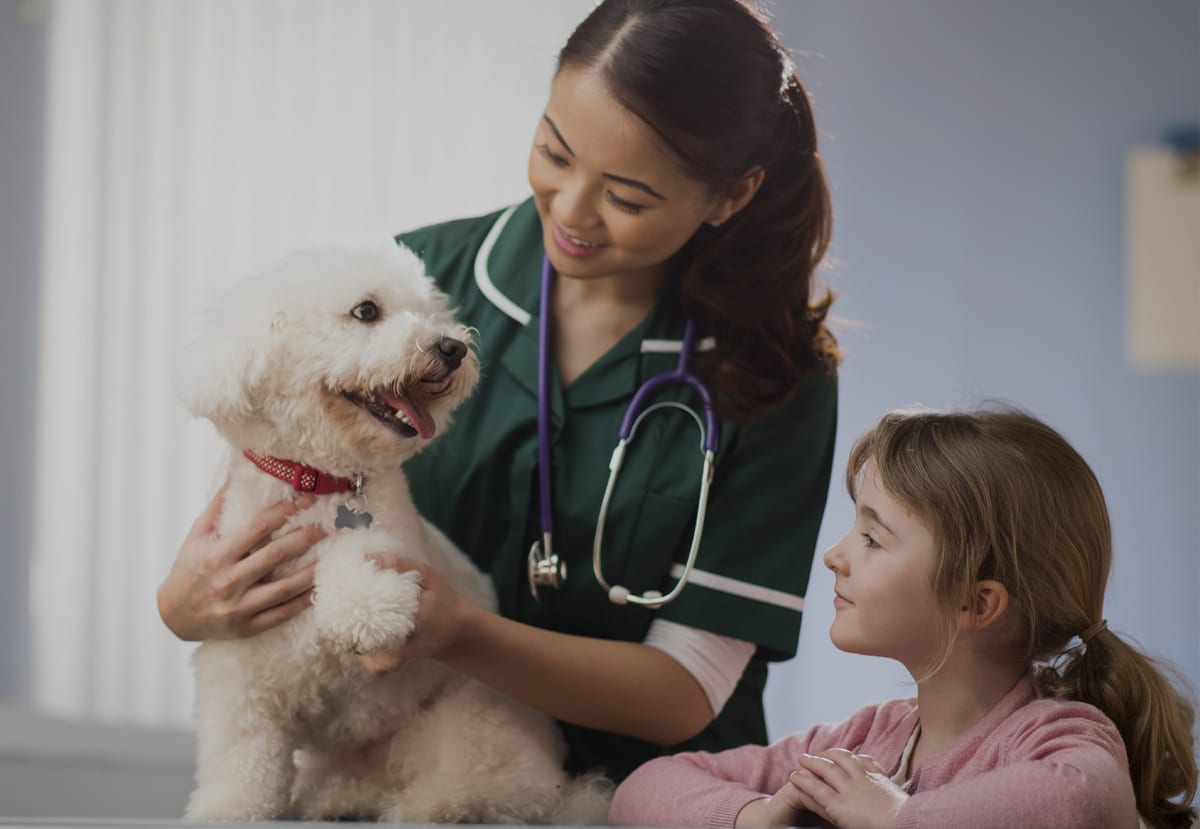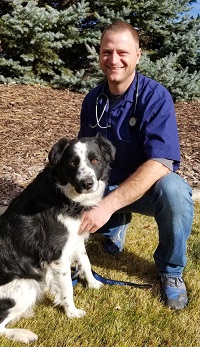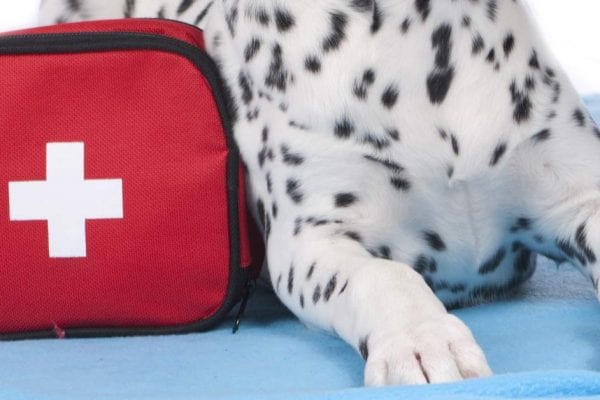You’ve probably heard it before, but it’s worth repeating: It’s vitally important that you spay or neuter your pet.

Important Facts About Having Your Pet Spayed or Neutered
One of the most important reasons to spay/neuter your dog or cat is a practical one. A whopping 2.7 million dogs and cats are euthanized in animal shelters in the U.S. every year, according to the ASPCA, simply because they don’t have homes. It’s not just mixed breeds suffering this fate. Nearly 25 percent of the dogs that are put down in shelters are purebred. By spaying /neutering your pet, you can help put an end to the deaths of millions of homeless animals.
56% of dogs and 71% of cats that enter shelters are euthanized.
According to the Spay-Neuter Assistance Program (SNAP), Inc., in seven years, up to 508 puppies can be born from one unspayed female dog and her offspring, and up to 4,948 kittens can be born from one unspayed female cat and her offspring. According to a National Council of Pet Population Study, 56% of dogs and 71% of cats that enter shelters are euthanized. If you care about the welfare of dogs and cats, spaying and neutering your pet is the best option.

Many pet owners find their dogs and cats to be more affectionate after they are spayed or neutered.
Better Quality of Life for You and Your Pet
As a pet owner, you stand to benefit in many ways by spaying/neutering your dog or cat. Dogs and cats that have been spayed or neutered are generally happier. They don’t have the urge to breed, and therefore are spared feelings of frustration that can arise when not allowed to mate.
For some male dogs and cats, the likelihood of aggression toward same-sex members of their own species is also reduced or eliminated. Male and female dogs and cats are less prone to running away from home in an effort to find a breeding partner.
Health Benefits to Your Pet
Spaying and neutering provides numerous health benefits for your pet. Spaying female dogs and cats reduces their chances of developing mammary cancer, and eliminates the possibility of uterine disease as well. Neutering male dogs can prevent them from developing testicular cancer, particularly if they have an undescended testicle—a common problem for many dogs. It also reduces the likelihood of your dog developing prostate issues.
Spaying and neutering your dog or cat is good for the community, good for you and good for your pet. If you need help finding a low-cost spay and neuter clinic near you, visit the ASPCA website.
Post-Operation Care
Help your pet heal after being spayed or neutered with Vetericyn Wound & Skin Care liquid or Vetericyn Antimicrobial Hydrogel. Spray some on the surgery site a few times daily to keep the area clean, and help aid in the healing process. Vetericyn products are non-toxic, safe if licked or ingested, and won’t sting the affected area.
 Reviewed by Dan Richardson, Veterinarian
Reviewed by Dan Richardson, Veterinarian
Dan Richardson has been a practicing veterinarian for over 10 years. He specializes in surgery and orthopedics. Dan is originally from rural western Nevada and attended the University of Idaho for undergraduate study and Oregon State University for Veterinary School. The Richardson Family enjoys camping and spending time on the water fishing, paddle boarding, or digging their feet in the sand somewhere warm.


